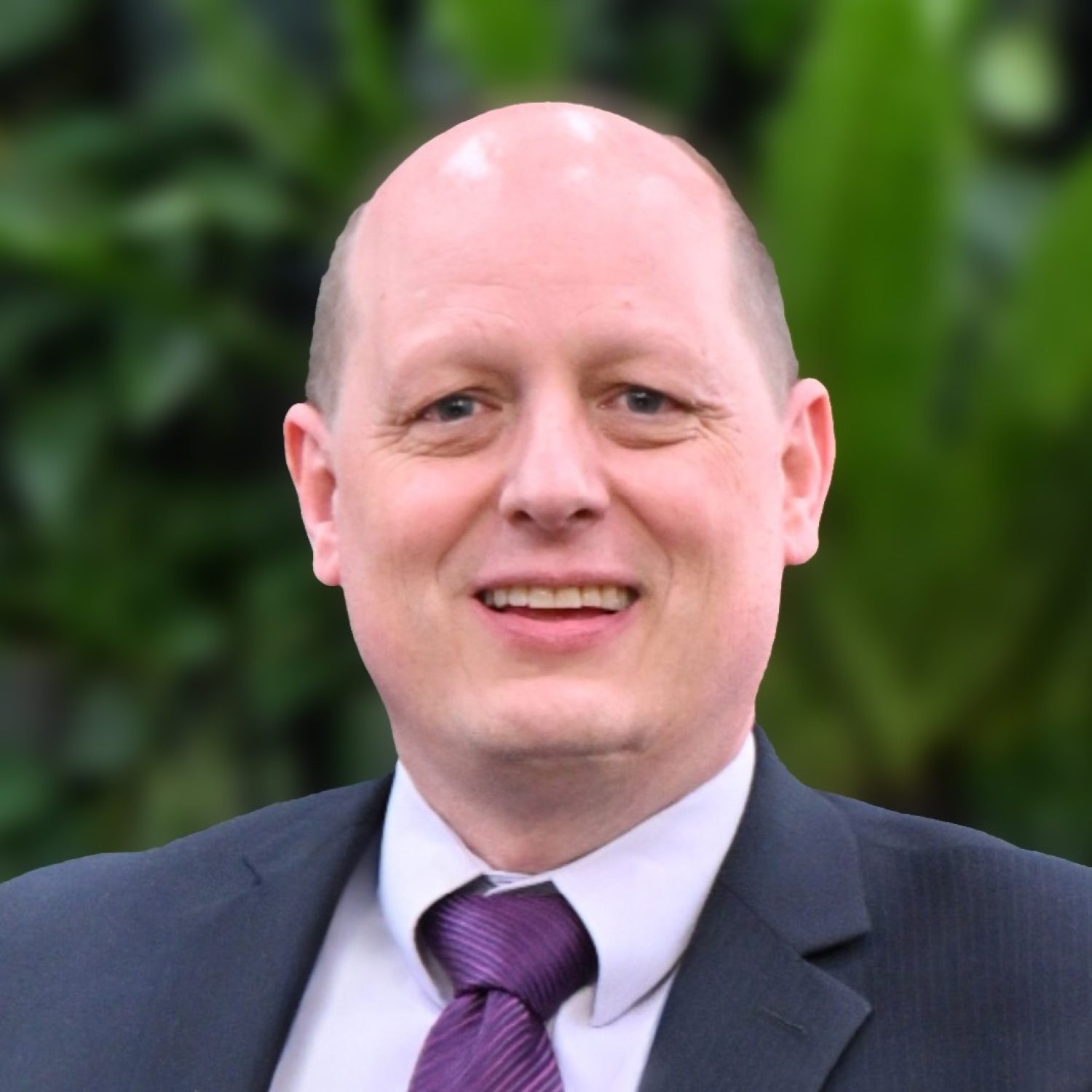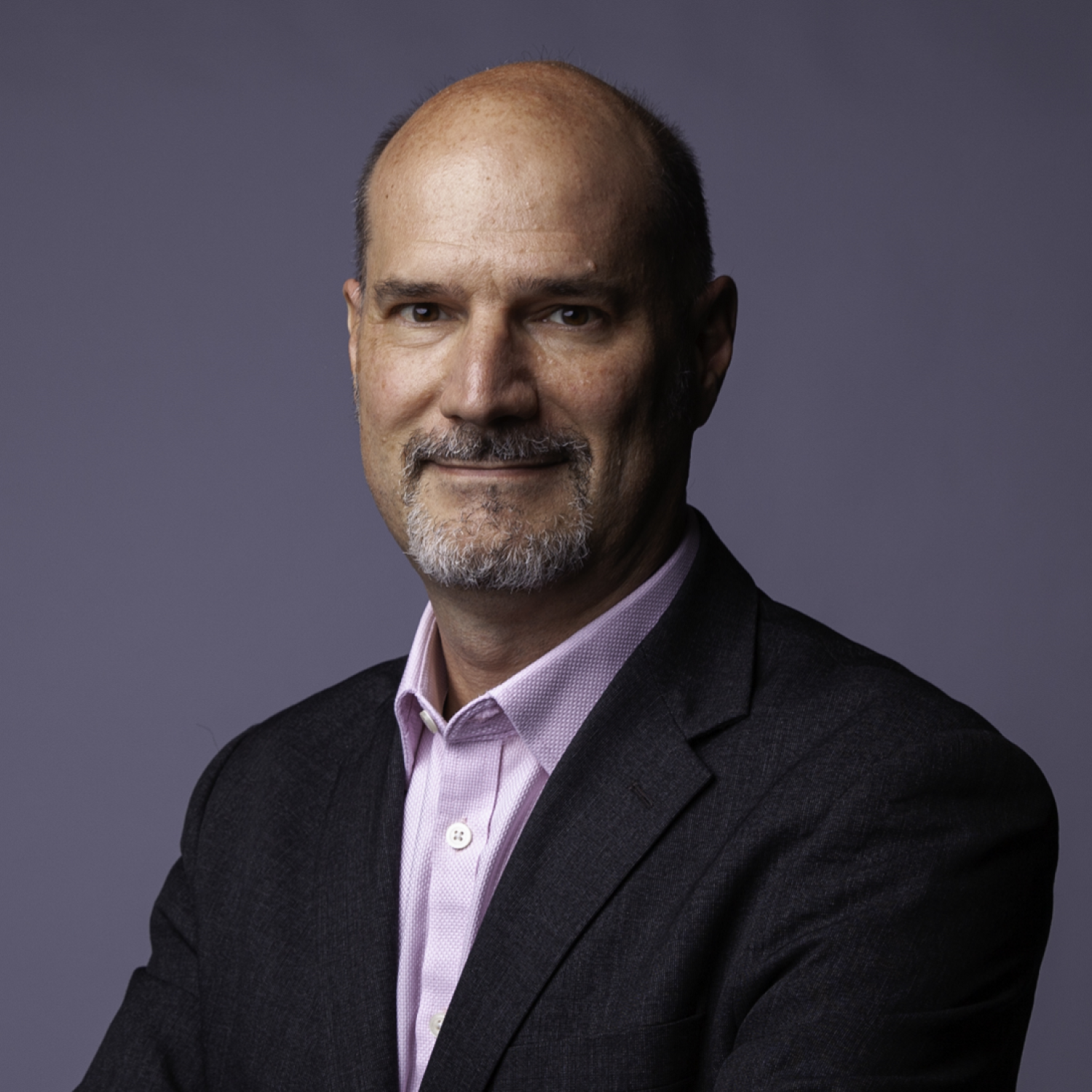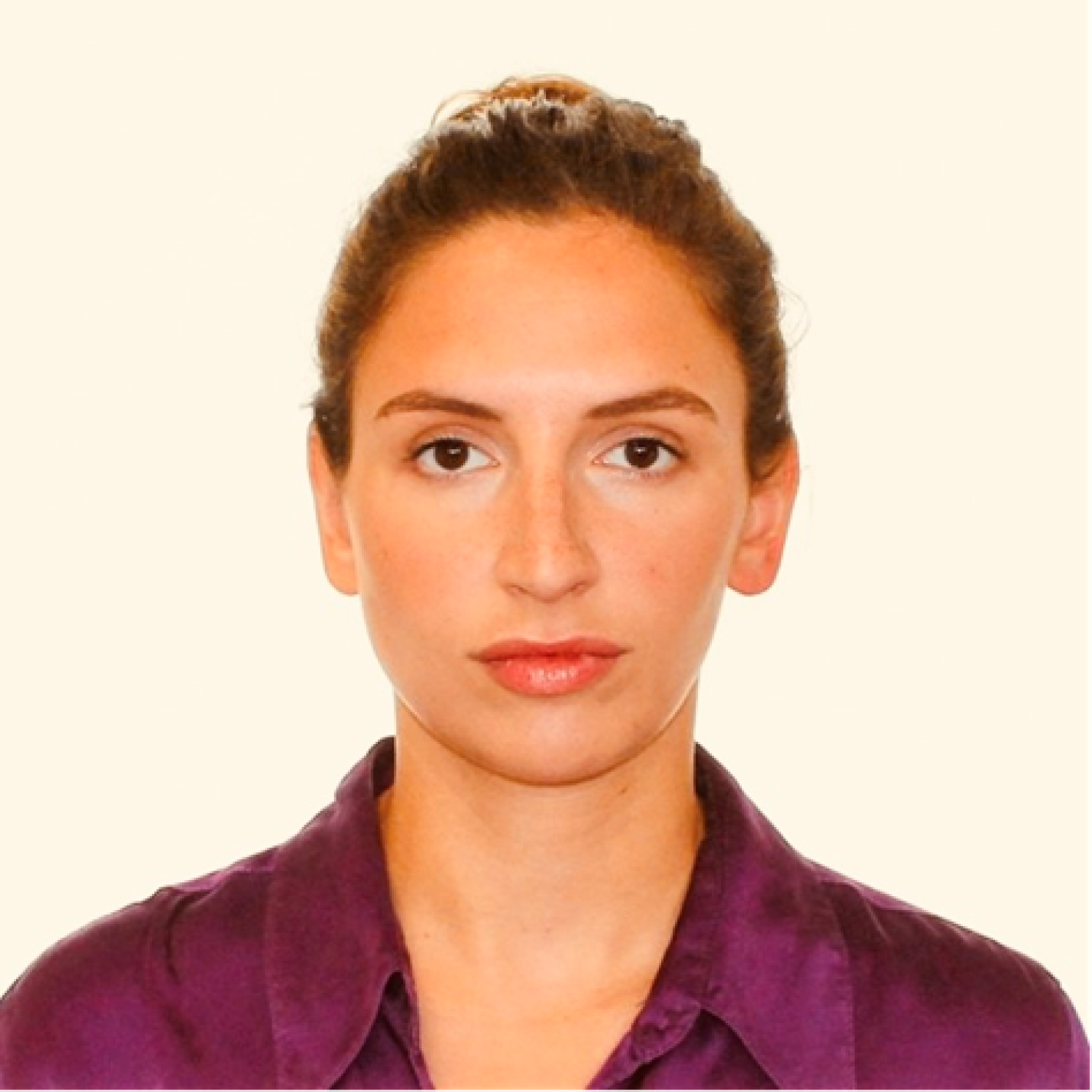
Workshop 7: Best Practices in Investigations: MDB Private Sector Operations
Workshop 7 will use a real or anonymized MDB case study to illustrate the investigative challenges unique to private sector operations and work through practical strategies for detecting, documenting, and addressing fraud and corruption risks. It will also highlight approaches that maintain confidentiality, transparency, and compliance with institutional and legal requirements while enhancing investigative effectiveness.

Rohan Schaap (ADB)
Rohan Schaap is the Director of the Investigations Division in the Office of Anticorruption and Integrity (OAI) at the Asian Development Bank (ADB). In this role, he oversees ADB’s investigation function, leading inquiries into allegations of fraud, corruption, and other integrity violations, and contributing to the development of institutional integrity policies and frameworks that strengthen accountability across ADB’s operations.
Rohan brings over 30 years of professional experience in conducting complex investigations at the international level, formulating integrity strategies, and advancing the global anti-corruption agenda.
Before joining ADB in November 2021, Rohan served as Deputy Chief Compliance Officer and Director, Investigations, at the European Bank for Reconstruction and Development (EBRD), where he managed investigations into staff misconduct and integrity violations related to EBRD-financed activities. He previously worked with the United Nations Development Programme (UNDP) as an Investigations Manager, the International Criminal Tribunal for the Former Yugoslavia (ICTY) as a Financial Investigator, and the Australian Securities and Investments Commission (ASIC) as a Senior Corporate Investigator specializing in financial markets.

Marco Cerletti (IADB)
Marco Cerletti is a seasoned legal professional and investigator specializing in anti-corruption and integrity enforcement. He currently serves as the Head of Investigations at the Interamerican Development Bank Group, where he leads a team responsible for overseeing all aspects of integrity investigations within the organization. Prior to this, he held various investigative roles at the World Bank Group, including Team Leader for the Latin America and Caribbean region. His experience also includes legal practice as a Partner at JC Abogados y Asociados, where he represented clients in criminal and civil lawsuits. Throughout his career, Marco has demonstrated expertise in conducting investigations, managing teams, collaborating with stakeholders, and contributing to anti-corruption initiatives. His educational background includes a law degree from the University of Buenos Aires and research work at the Rheinische Friedrich-Wilhelms-Universität in Bonn, Germany.

Julia Forzy (EBRD)
Julia Forzy is a French Attorney currently working as an Associate Director at the European Bank for Reconstruction and Development, where she leads and develops the External Investigation team in the Office of the Chief Compliance Officer. The team is responsible for managing investigations into allegations of prohibited practices in relation to EBRD’s operations. Julia also leads policy, outreach, advisory and cooperation activities. She previously worked for the Inter-American Development Bank as an Oversight, Audit and Compliance Specialist, where she led investigations into allegations of fraud and corruption in Latin America and the Caribbean. Julia has also held positions at top ranked international law firms and other international organisations. She is fluent in French, English and Spanish.

Matthew Harvey (WBG)
Matthew Harvey is the Team Lead for the International Finance Corporation (IFC)/Multilateral Investment Guarantee Agency (MIGA) Team in the Integrity Vice Presidency (INT) of the World Bank Group (WBG). In this role, Mr. Harvey is responsible for INT’s investigations of fraud and corruption involving IFC and MIGA investment and guarantee projects. Prior to this, Mr. Harvey was a member of the Litigation Team responsible for sanctions litigation against individuals and contractors who engaged in fraud and corruption on WBG-financed projects, representing the WBG before the Sanctions Board.
Prior to joining INT, Mr. Harvey was at the European Bank for Reconstruction and Development (EBRD) in London and before that Mr. Harvey was in private practice at major international law firms in London and Sydney.
Mr. Harvey holds a Bachelor of Commerce (BComm), Bachelor of Laws (LLB) (Hons) and a Master of Laws (LLM) and is an Accredited Mediator. Mr. Harvey is admitted to practice in the Supreme Court of New South Wales, the Australian High Court and the Supreme Court of England and Wales.

